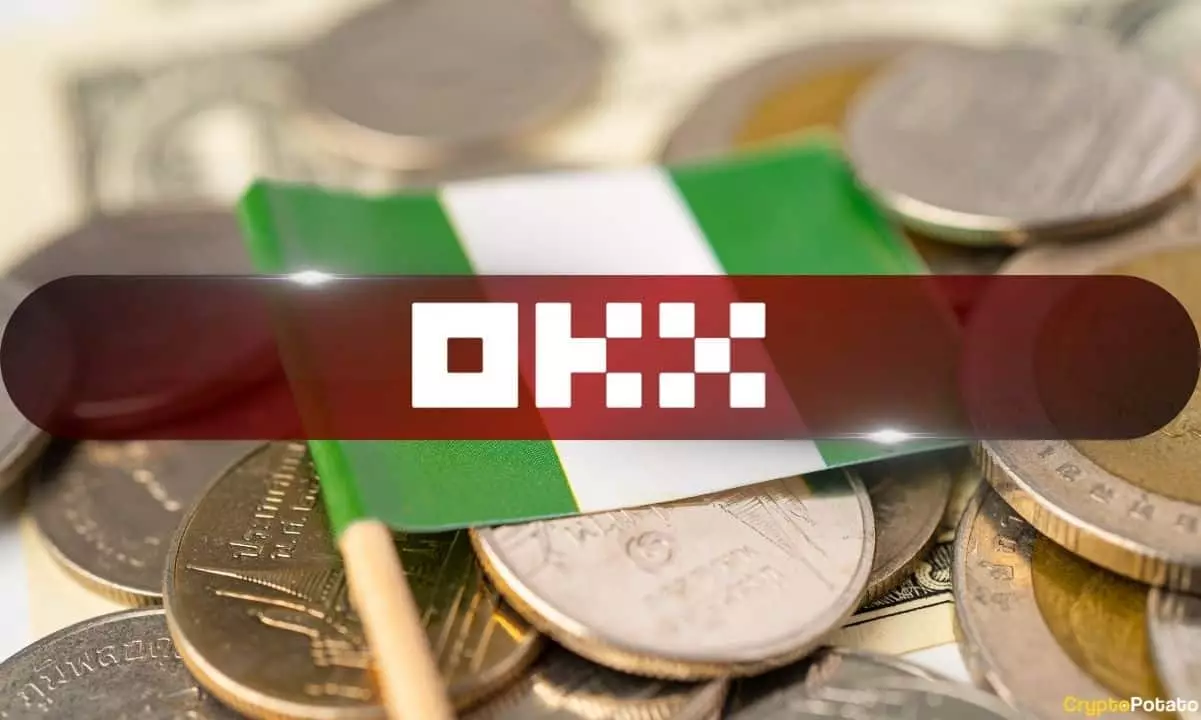The recent decision by leading crypto exchange OKX to discontinue its services in Nigeria has sent shockwaves through the cryptocurrency community. Citing regulatory changes as the reason behind this move, OKX has notified its Nigerian users that they have until August 30 to withdraw their assets from the platform. After this date, any remaining balances will be subject to restrictions, leaving users with limited options for managing their funds.
As of August 16, OKX’s Nigerian customers will no longer be able to open new positions, accounts, or access services on the platform. They will only have the option to withdraw their assets, close or redeem open positions, and take necessary steps to secure their funds. This sudden change has left many users scrambling to review their accounts and complete the required actions before the deadline.
The decision by OKX to exit the Nigerian market comes amidst a challenging regulatory environment for crypto exchanges in the country. The government’s efforts to prevent the devaluation of the naira have led to increased scrutiny and restrictions on digital asset platforms. OKX’s move is just one example of how regulatory changes can impact the operations of cryptocurrency exchanges and force them to make difficult decisions about their future in certain markets.
While OKX has chosen to discontinue its services in Nigeria, other cryptocurrency trading platforms have taken different approaches to remain operational in the country. For instance, KuCoin recently announced that it would be deducting a 7.5% value-added tax from transaction fees for Nigerian users, in response to regulatory challenges. These strategic adjustments highlight the diverse ways in which exchanges are adapting to regulatory changes and finding ways to continue serving their customers.
It’s important to note that Nigeria is not the only country where OKX has decided to shut down its services in response to regulatory pressures. Earlier this year, the exchange made a similar move in India due to the crackdown on digital asset platforms by the authorities. These actions demonstrate the far-reaching consequences of regulatory changes on cryptocurrency exchanges and underscore the need for the industry to navigate complex regulatory landscapes to ensure long-term sustainability.















